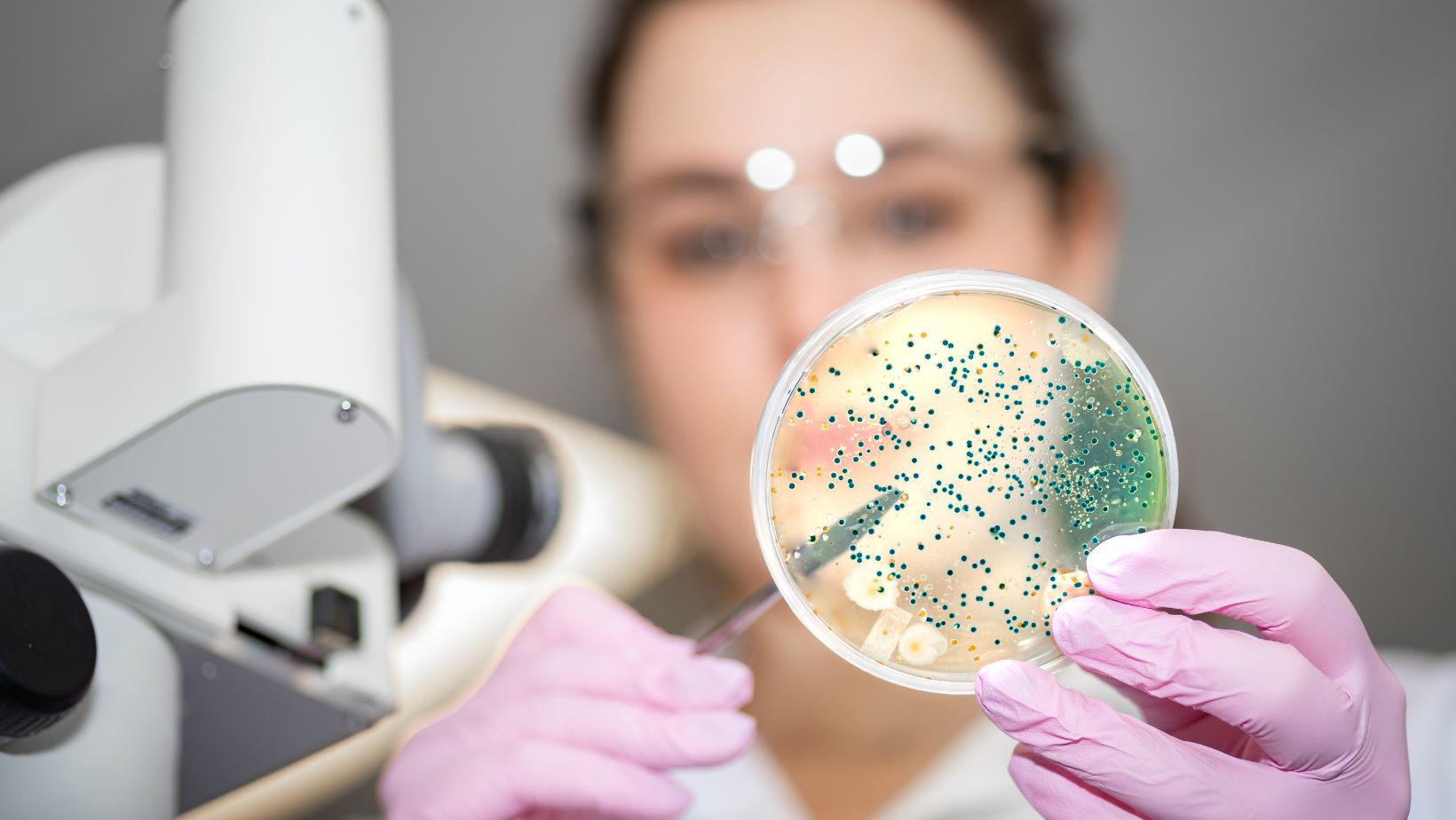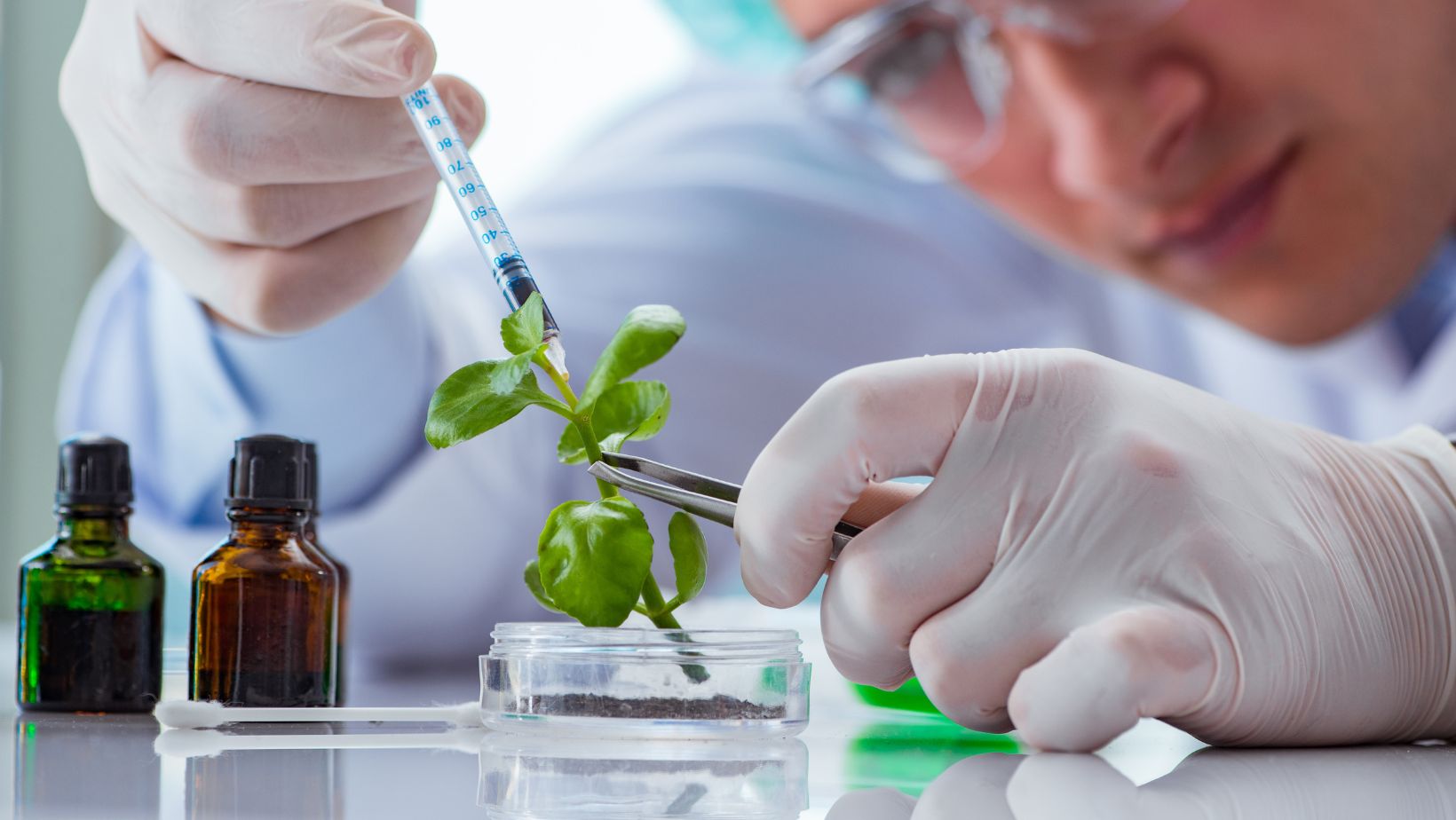
In the world of biotechnology, one size rarely fits all. The complexity of scientific research, medical diagnostics, and therapeutic development often demands highly customized solutions. This is where custom recombinant protein production, a sophisticated biotechnological technique, comes into play. This article will explore the fascinating world of custom recombinant protein production, how it works, and its diverse applications across various scientific domains.
The Significance of Recombinant Proteins
Recombinant proteins are a type of protein engineered to be produced in a host organism, typically microorganisms like bacteria, yeast, or mammalian cells. These proteins are generated by introducing a foreign DNA sequence (often human or animal) into the host organism’s genome, which then acts as a protein factory, churning out the desired protein. This technique enables scientists to produce proteins that are otherwise scarce or difficult to obtain from natural sources.
The Customization Advantage
Custom recombinant protein production takes this concept a step further. It allows for the tailored design and production of proteins to meet specific research, diagnostic, or therapeutic needs. This bespoke approach offers several key advantages:
- Precision: Custom production ensures the protein is engineered precisely as required, down to the amino acid sequence. This level of accuracy is crucial when studying the function of a particular protein or developing therapies targeting specific molecular pathways.
- Scalability: The technique can be scaled up or down depending on the protein needed. This flexibility is essential for large-scale biopharmaceutical manufacturing or small-scale laboratory research.
- Quality Control: Custom production allows for rigorous quality control measures, ensuring that the produced protein is highly pure and devoid of contaminants.
The Process of Custom Recombinant Protein Production
The production of recombinant proteins is a multi-step process that involves careful planning and execution:
- Gene Cloning: The first step is to obtain the gene sequence encoding the desired protein. This sequence is then inserted into a cloning vector, a piece of DNA designed for easy manipulation.
- Transformation: The cloning vector is introduced into a host organism, such as bacteria or yeast. The host organism incorporates the foreign DNA into its genome.
- Expression: The host organism’s cellular machinery reads the inserted DNA sequence and produces the desired protein.
- Purification: The protein is extracted from the host organism and purified. This often involves multiple purification steps, such as chromatography, to obtain a highly pure final product.
- Characterization: The produced protein is thoroughly characterized to confirm its identity, purity, and functionality. Various analytical techniques are employed, such as mass spectrometry and gel electrophoresis.
Applications across Scientific Domains
Custom recombinant protein production finds applications across a wide range of scientific disciplines:
- Biomedical Research: In biomedical research, custom proteins are invaluable for studying disease mechanisms, drug discovery, and vaccine development. Researchers can produce proteins associated with various diseases to understand their role in pathology and identify potential drug targets.
- Diagnostics: Recombinant proteins are used to develop diagnostic tests for diseases. For example, custom-produced viral proteins are critical for diagnosing infections like HIV and hepatitis.
- Therapeutics: Many biopharmaceuticals, including monoclonal antibodies and therapeutic enzymes, are produced using recombinant protein technology. These therapies are used to treat a wide range of conditions, from cancer to genetic disorders.
- Agriculture: In agriculture, custom proteins are used to engineer crops with desirable traits, such as resistance to pests or improved nutritional content.
- Biotechnology: Custom recombinant protein production is a cornerstone of the biotechnology industry, enabling the development of cutting-edge products and technologies.
Challenges and Future Directions
While custom recombinant protein production is a powerful tool, it has challenges. The process can be technically demanding and time-consuming. Additionally, producing specific proteins may be particularly complex due to their size, structure, or post-translational modifications.
Advances in biotechnology are likely to further enhance the capabilities of custom protein production. This includes more efficient gene synthesis methods, improved expression systems, and innovative purification techniques. These developments will make producing highly customized proteins easier and more cost-effective for various applications.
Conclusion
Custom recombinant protein production represents a pinnacle of biotechnological achievement. It empowers scientists, researchers, and biotechnologists to create proteins tailored to their specific needs, driving progress in diverse fields, from medicine to agriculture. As technology continues to evolve, the world of custom protein production will play an increasingly significant role in addressing complex scientific challenges and meeting the demands of a rapidly advancing biotechnology landscape.


